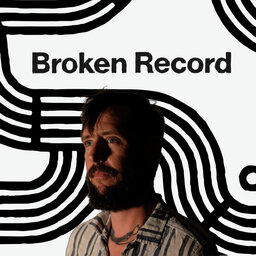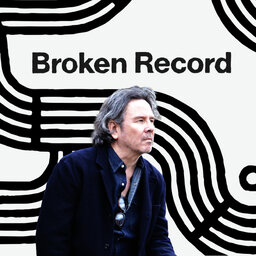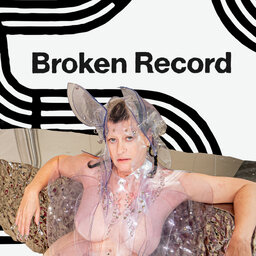Burt Bacharach and Daniel Tashian: Broken Record Classic
The legendary composer and songwriter Burt Bacharach passed away last week at 94. Today we are re-running an interview Bruce Headlam did with Burt and Daniel Tashian, who released an EP together in 2020 called Blue Umbrella.
Justin Richmond also checks in with Daniel Tashian to talk about Burt Bacharach's tremendous skill as a composer. Danial shares the tips he took away from working with Burt, and he talks about how they were collaborating on new music right up until the end.
You can hear a playlist of some of our favorite Burt Bacharach and Daniel Tashian songs HERE.
 Broken Record with Rick Rubin, Malcolm Gladwell, Bruce Headlam and Justin Richmond
Broken Record with Rick Rubin, Malcolm Gladwell, Bruce Headlam and Justin Richmond


